Stress Reduction Nature Style
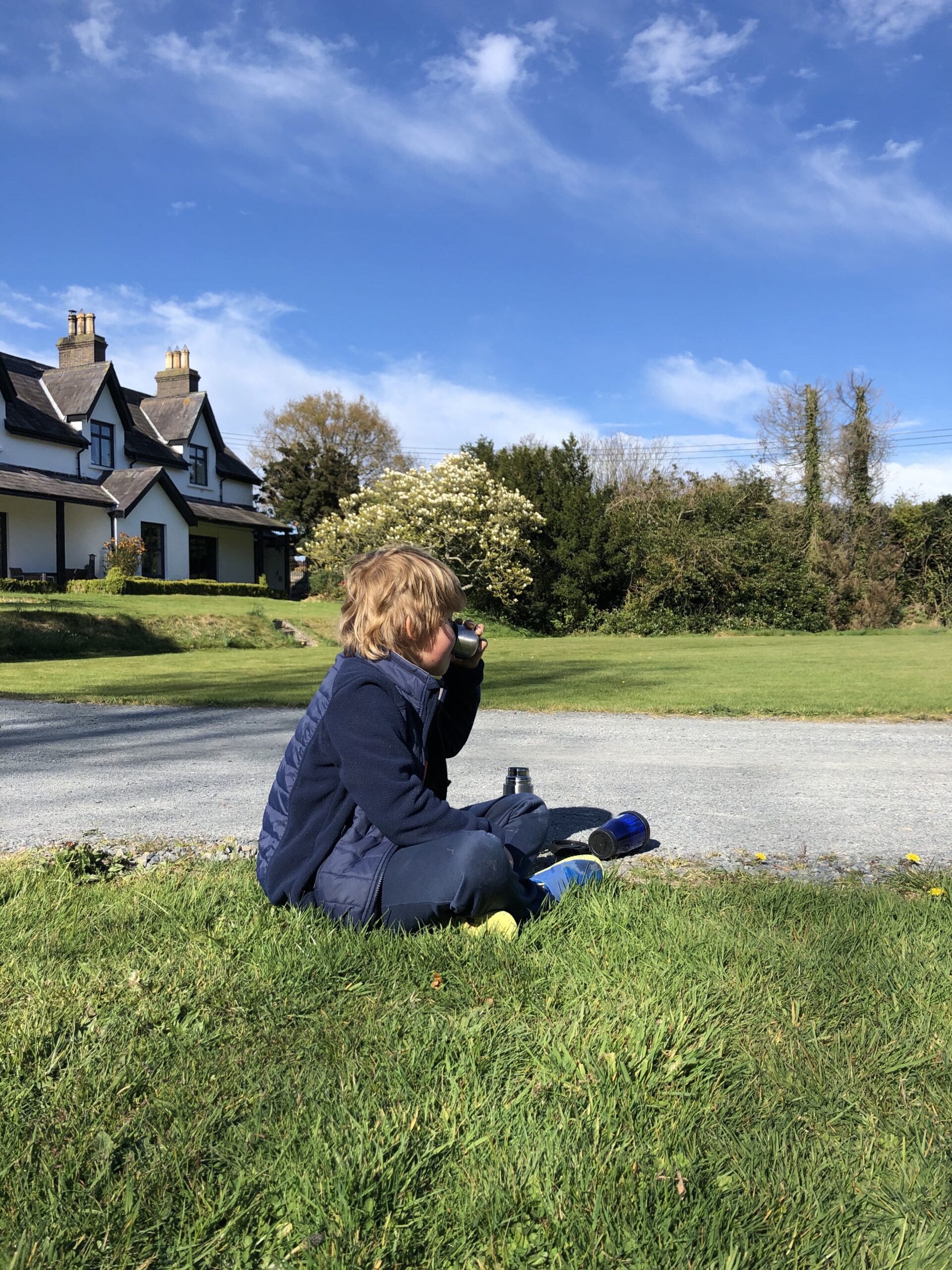
This is Mental Health Awareness Week. Although I have mixed feelings about making an event out of a thing I think should be completely normal, I felt this year I needed to add my voice. You see the theme is nature and how nature is important for our mental wellbeing. As this is obviously 100% the motivation behind me writing this blog, it didn’t feel like a week to sit out on the sidelines. As the pandemic rumbles on and on, it seems again like nature is a balm that might soothe a lot of tired and anxious minds. I’ve have written a post on nature and stress. It’s a theme I’ve written about many times before but it’s one close to my heart. I credit London parks with helping me walk of a few very serious bouts of stress and anxiety when really I didn’t think anything would work.
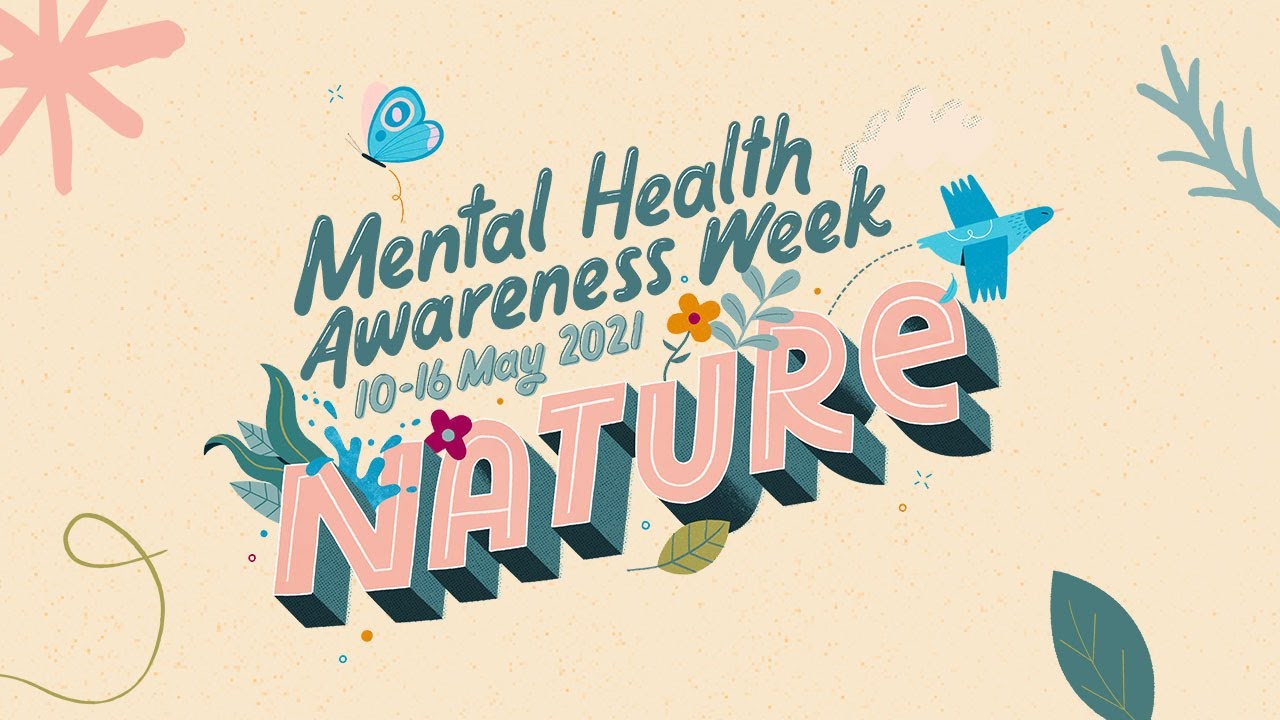
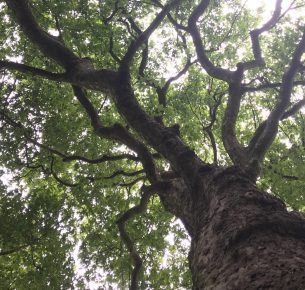
“Stress” is defined as a state of mental or emotional strain resulting from adverse or demanding circumstances. It’s somewhat stating the obvious to say that the last 12+ months fit the description of “adverse or demanding circumstances” but even before that, stress thrown up by our busy lives has been something of a modern epidemic.
Typically our bodies react to stress by releasing a flood of stress hormones including adrenaline and cortisol to get ready for action. Your heart pounds faster, muscles contract, you may notice your breath quickening and your senses becoming sharper. We evolved in this way to help us get away from imminent threats. This “fight or flight” response was important for our survival as a species. But our bodies haven’t evolved to know the difference between the stress that comes from running away from a lion and the stress that comes from dealing with fifteen competing tasks and 200 unread emails.
Many people talk about ‘thriving on stress’ but is that really the case? Short bouts of stress aren’t a problem but constantly operating with stress can have long-term impacts on our physical and mental health including high blood pressure, disturbed sleep, difficulty concentrating and a weakened immune system.
Harnessing the power of nature can help lower stress in ways you might not have realised. Here’s a few practical tips and how they might help:

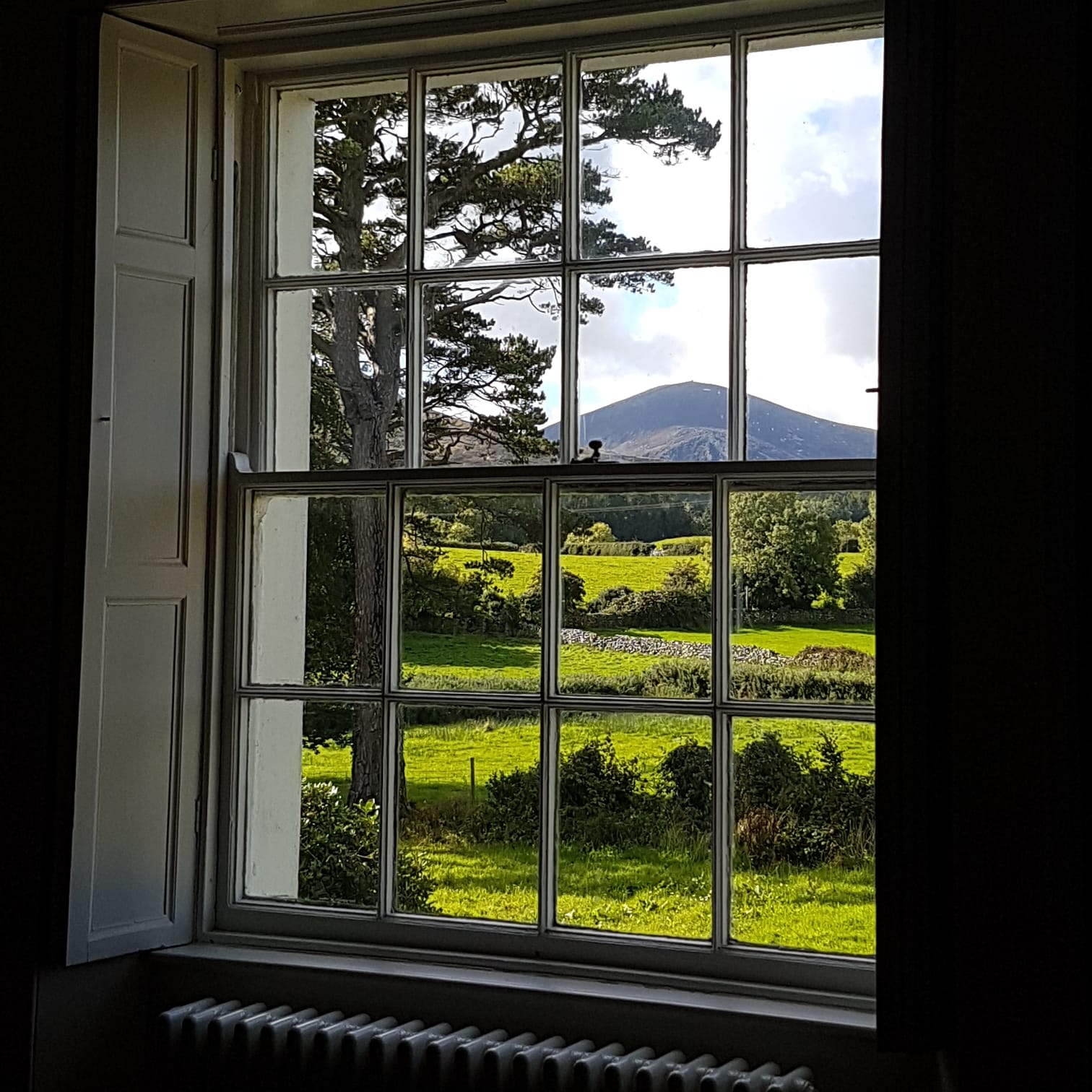
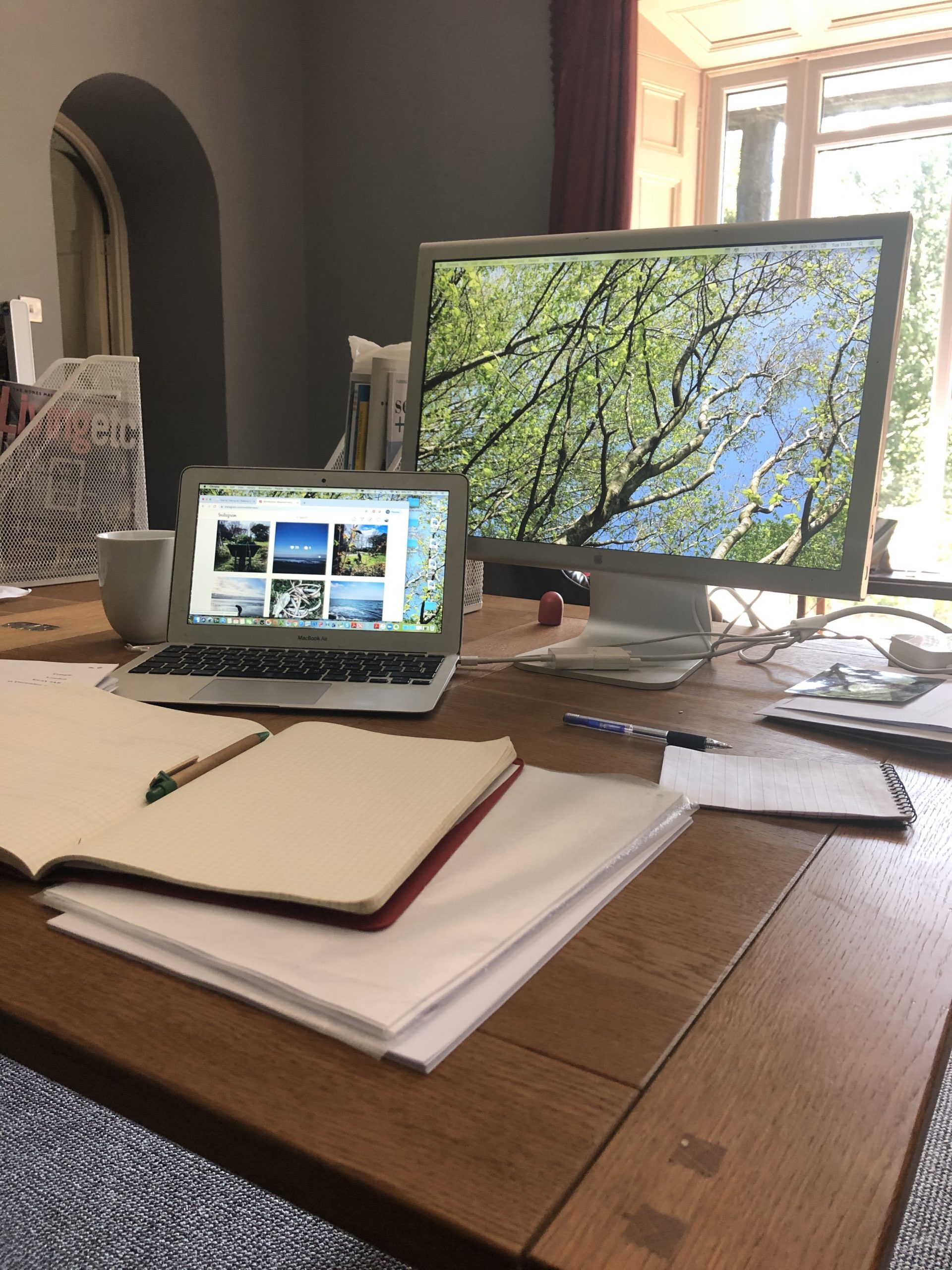
Having a close relationship with nature is a helpful tool to compensate for day-to-day stresses. It’s not a panacea of course. If stress is prolonged and not improving, seek professional advice and guidance. Modern life is stressful. It’s ok not to be ok.